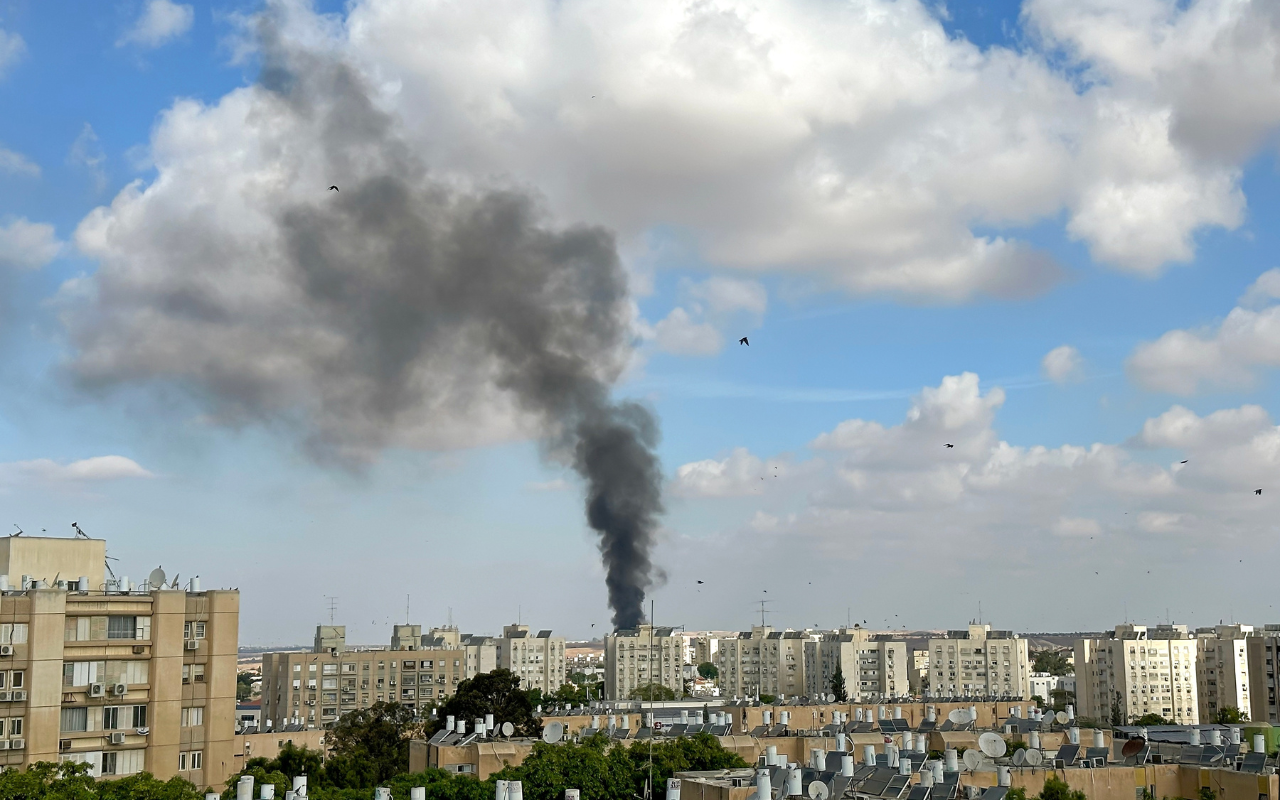The escalating conflict in Israel and Gaza has seen thousands of civilians die or be injured, and hospitals and other health care infrastructure be targeted, prompting calls from medical organisations for a continued humanitarian ceasefire and medical neutrality.
The United Nations Secretary-General Antonio Guterres has led the calls for a ceasefire.
“This war is having a staggering and unacceptable number of civilian casualties, including women and children, every day,” United Nations Secretary-General, Antonio Guterres said.
“This must stop.”
All parties involved in the conflict need to respect the principles of medical neutrality, the Medical Journal of Australia Editor-in-Chief, Professor Virginia Barbour, said.
“All involved parties must ensure that doctors and other health care workers can fulfil their ethical duties to provide safe and impartial care to all people who need medical care,” Professor Barbour said.
“The MJA supports the recent calls by both the Australian Medical Association and the World Medical Association (WMA) that all parties respect established international humanitarian law and use humanitarian corridors to permit the safe provision of health equipment and humanitarian supplies.”
The WMA recently urged all parties to not use health facilities as military quarters or depots, nor to target health personnel facilities or vehicles. It also urged all parties to provide health personnel with the adequate conditions to treat all patients in compliance with the ethical values of their professions.
“I urgently call on all parties not to target civilians, healthcare facilities, infrastructure nor personnel. Our primary duty as physicians is to act in the best interests of humanity and to preserve life. It is imperative that medical professionals on all sides of the conflict do not become a target and are allowed to treat the victims,” Dr Lujain Alqodmani, the WMA President, urged in a statement.
Professor Barbour recognised the enormous bravery of doctors and other health care workers in the conflict zone.
“It is unacceptable that health care personnel on the frontline are having to risk their lives to provide care for people caught up in this conflict,” Professor Barbour said.
“It’s not a situation any health care professional ever expects to be in, yet their dedication is exceptional.”
“I also acknowledge that the conflict is causing considerable distress among many communities here in Australia, including doctors and other health care professionals who have connections in the region. We must use our voice as health care professionals to urge our political representatives to work urgently for a rapid resolution to this war.”
The psychosocial reverberations of the conflict are being felt in societies around the world, including as “invisible wounds” in Australia, wrote Professor Susan Rees and Batool Moussa recently in The Medical Journal of Australia.
“The groups affected have experienced collective historical traumas,” Professor Rees and Batool Moussa wrote.
“The Jewish people live with stark memories of the Holocaust and centuries of displacement and persecution; and Palestinians have experienced generations of forced displacement, dispossession and oppression living under occupation and precarious socio‐economic conditions.”
Medical professionals in Australia are encouraged to be aware of the stress responses in people of migrant and refugee background, they wrote.
“It is vital for health professionals and support agencies to be aware of the wide‐ranging stress responses and indirect expressions of these reactions that occur among people from migrant and refugee backgrounds,” Professor Rees and Batool Moussa wrote.
“There are various types of reactions that reflect underlying stress in community members. Graphic news stories, social media reports, racial abuse and inadequate public recognition for community level distress can be major sources for mental disturbance.”
Australian doctors who may be experiencing distress can contact Doctors4Doctors at www.drs4drs.com.au.
Subscribe to the free InSight+ weekly newsletter here. It is available to all readers, not just registered medical practitioners.

 more_vert
more_vert